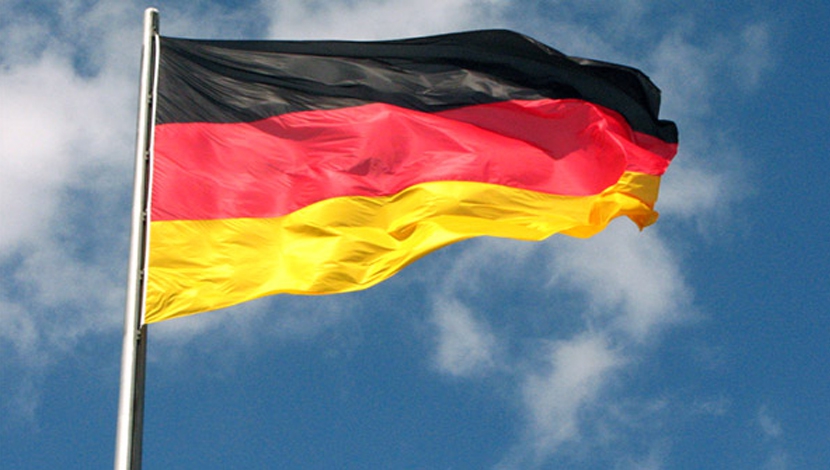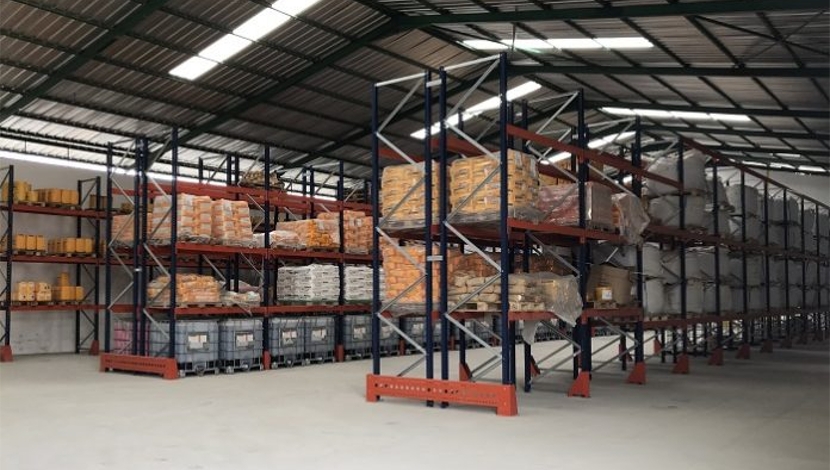

South Africa’s Promotion and Protection of Investment Bill, signed into law by President Jacob Zuma in December, is likely to discourage potential German investors, as provisions in the newly enacted legislation deprive the investor of any protection against discrimination by domestic legislation or administrative Acts, says the Southern African-German Chamber of Commerce and Industry (SAGCCI).
Addressing German business leaders on Thursday, SAGCCI CEO Matthias Boddenberg said the chamber’s concerns over the then-proposed Bill were last year disregarded, when it, along with business chambers representing other European and US interests, requested certain amendments to the investment legislation to pacify rattled foreign funders.
The Institute of Race Relations (IRR) had described the proposed legislation as counterproductive, vague and in violation of South Africa’s trade commitments under the Southern African Development Community, or SADC, Protocol.
IRR policy research head Dr Anthea Jeffrey said in October that the dissolution of the Department of Trade and Industry’s various European bilateral investment treaties (Bits) and the shift towards a more protectionist investment policy signalled an intensification of government ideology that veered away from trade with the West and towards ramped-up trade with its Brazil, Russia, India and China, or Brics, partners and other emerging States.
Pointing to issues of concern, the SAGCCI last year called for further information on the circumstances – if any – under which the special treatment of foreign investors was justified, calling for this to be conclusively listed in the Act.
“We will see what effect [the Act] has, but we haven’t seen major new investment in the last two years [and we think] that new investment will be negatively affected by this law,” remarked Boddenberg.
Trade ties between South Africa and Germany remained solid in 2015, with trade volumes hitting €15-billion. While German exports to South Africa increased by 18% over the year, South Africa’s export of goods and services to Germany expanded by 20% year-on-year to reach €5.4-billion.





